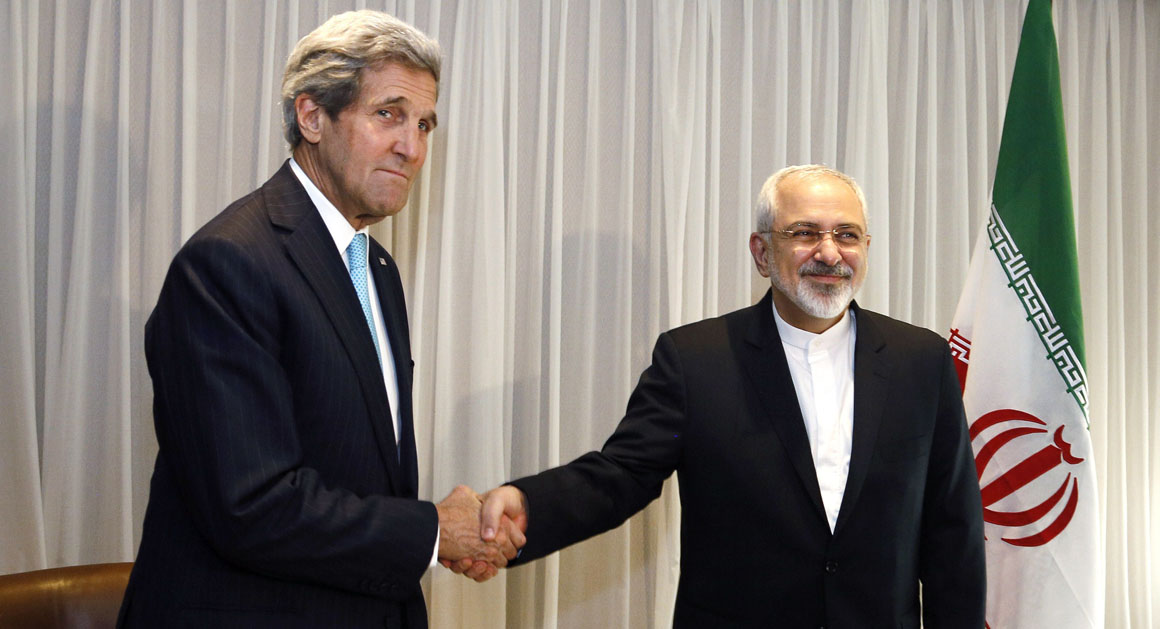
Iran, Cuba: Sanity prevails at last
Last week the most powerful nations in the world–the United States, China, Russia, the United Kingdom and France–reached an agreement with the Islamic Republic of Iran they are convinced will preclude the development of an Iranian nuclear weapons capability for the foreseeable future.
President Barack Obama rightly called the deal historic. Iran, which for decades has had a very hostile relationship with the United States in particular and to a lesser extent with the West in general, for the first time agreed to a rigorous inspection regime of its nuclear activities.
The protocol is indeed rigorous and sophisticated enough to detect any signs of cheating well before a nuclear weapon could be built. As Jonathan S. Landay of McClatchy reported: “Designed to scrutinize every part of Tehran’s program, the system will rely on scores of U.N. inspectors, satellite imagery and intelligence from the United States and other nations. It has been called the “most intrusive international monitoring system ever devised by the U.N. watchdog agency….”
So why are so many Republicans in Congress, U.S. right-wingers in general, and a broad spectrum of the Israeli political establishment, including Benjamin Netanyahu (no surprise there) as well as many of his opponents, going all apoplectic over the accord?

Before I tackle that question, I can’t help comment on the fact that the Iran agreement came only days before the United States and Cuba, which have been at odds longer and more fiercely than Iran and the United States, officially reestablished relations by opening respective embassies in Washington and Havana.
Although the near simultaneous timing of the two events is purely coincidental, the fact that both are taking place during Barack Obama’s watch is not. Way back during the 2008 campaign, Obama stood out as the one candidate–Hillary Clinton not excepted–who said he would be willing to talk to the leaders of Cuba and Iran. For a long time it seemed these were typical empty campaign promises. In the end, however, Obama has come through.
Predictably, the same right-wingers who vehemently opposed Obama’s diplomatic opening to Cuba are now throwing a fit over the Iran agreement. This may be a lucky break for Cuba. The right is sure to direct most of its political firepower and focus its venom against the Iran deal. The likes of Marco Rubio will still raise hell and try to use every trick in the book to subvert normalization with Cuba, but for most of his like-minded colleagues it will all be about Iran.
Now back to the earlier question. The Republican right is bound to oppose virtually any agreement with Iran for many reasons, the most profound being that the Iranians frequently violate a core GOP foreign policy dogma: The United States is the hegemonic power in the world and accordingly other countries should not oppose U.S. interests.
That’s true even when a country has been a longtime friend of the United States. Remember freedom fries and the fury against France for opposing the Iraq war?
When it comes to Iran, which has a serious historical grievance with the United States, which in 1953 helped overthrow Iranian democracy and replace it with dictatorship, and the United States, whose diplomats were once held hostage for months by Iran in a flagrant violation of diplomatic norms, the mutual animosity is on a whole different level.
No matter how good and solid the agreement on nukes hammered out with Iran by Secretary of State John Kerry, the Republicans and the right can’t accept it because stopping Iran’s nuclear program is not their real objective. They want punishment and, ultimately, regime change. The George W. Bush administration knew immediately after 9/11 that Iraq had nothing to do with it. But they wanted to give any potential challengers on the world stage an object lesson in shock and awe by crushing a “bad actor” like Saddam.
The Republicans, as Obama has pointed out, have no alternative to the recent agreement. And the Iranians won’t agree to anything beyond this, which would not have even been possible without the Supreme Leader’s muscling the ultra-hard-liners out of the way.
But the Republican right lives within a separate reality in which global warming is a hoax, evolution is a theory, and a punitive/imperial foreign policy is viable in the twenty-first century. Beyond that, while the Republicans can’t stop the agreement, they will use it to try to wound the Democrats as gravely as possible with an eye to next year’s election.
The Israeli reaction is predictable if counterproductive, although the rejection of the agreement, while broad, was not unanimous. Explaining this widespread negative reaction requires an analysis of Israeli political psychology beyond the scope of this column.
I close by drawing another parallel between the Cuba and Iran situations. The Obama administration gave two political blocs that had gotten used to always getting their way and exercising veto power–the anti-Cuba lobby and the pro-Israel lobby–a serious wake up call. The same goes for Benjamin Netanyahu and the whole Israeli political establishment. And the reaction in both Little Havana and Tel Aviv was strikingly similar–a stunned consternation.


